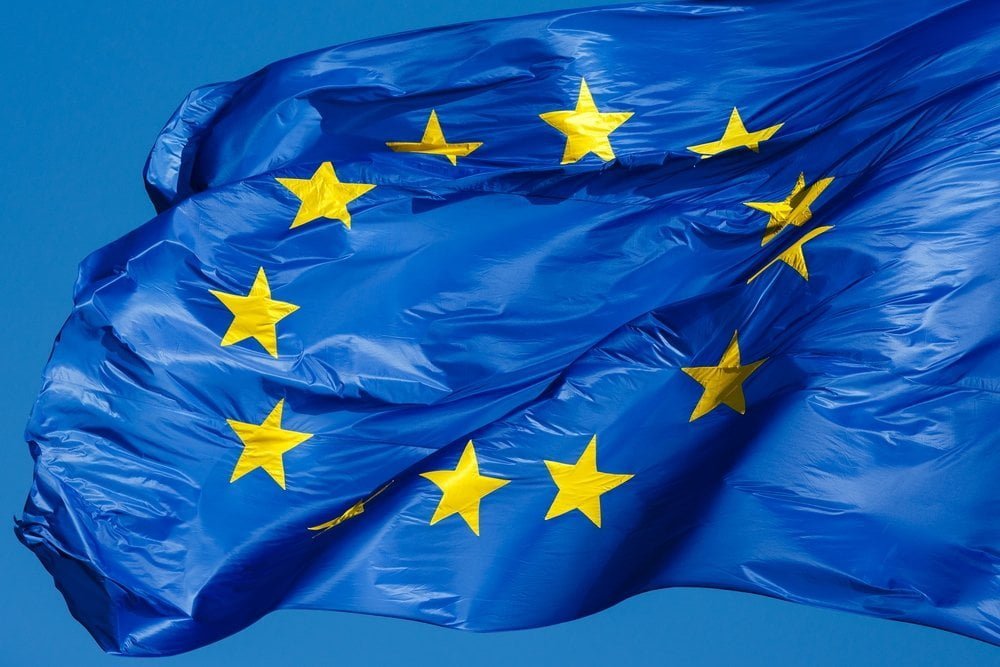Eurozone Finance Ministers Pledge Support for Digital Euro Project – Finance ministers of EU member states that have accepted the common European currency, the Eurogroup, gathered on Monday in Brussels to celebrate Croatia’s accession to the eurozone and debate current issues ranging from the economic situation to the coordination of fiscal policy in the eurozone. The progress of the proposal to produce a digital equivalent of the euro was a topic of discussion.
In a statement adopted by the forum, the government officials vowed to continue their involvement, with Paschal Donohoe, the president of the informal format, quoted as saying: “What we plan to do is continue with our political engagement with the ECB and with the Commission as they move forward in their processes, because what the Eurogroup recognized today is that many decisions that await are inherently political.”
People Also Read: UK Treasury Considers Digital Pound, Maintains Crypto Hub Objective
“The Eurogroup considers that the introduction of a digital euro as well as its main features and design choices requires political decisions that should be discussed and taken at the political level,” the joint statement elaborated, highlighting the need for respective legislation approved by the European Parliament and the EU Council.
While reaffirming their commitment to back the project, which is still in its investigation phase that started in mid-2021, the ministers also emphasized that any future decision on the possible issuance “would only come after further exploration in a possible realization phase.”
In addition to other proposals, the committee members argued that a digital euro should complement currency rather than replace it. The central bank digital currency (CBDC) should have a high level of privacy, they added, explaining: “To succeed, the digital euro should ensure and maintain users’ trust, for which privacy is a key dimension and a fundamental right.”
“Preserving privacy by default and by design” was one of the stated goals in a “Digital Euro – Stocktake” report published also this week by the European Central Bank (ECB). Presenting its views on the matter, the regulator said the digital euro will “ensure privacy of personal data and payments” and detailed: “The ECB will not have information on people’s holdings, their transaction histories or payment patterns. Data is only accessible to intermediaries for regulatory compliance.”
People Also Read: Bank of Russia Outlines Payment Models With Digital Ruble and Other CBDCs
In addition to emphasizing that its CBDC will not be programmable currency, the monetary authority of the eurozone noted that legislators will have the final word on the balance between privacy and other public policy objectives. Additionally, the ECB implied that less-risky and offline transactions may be granted more privacy.




